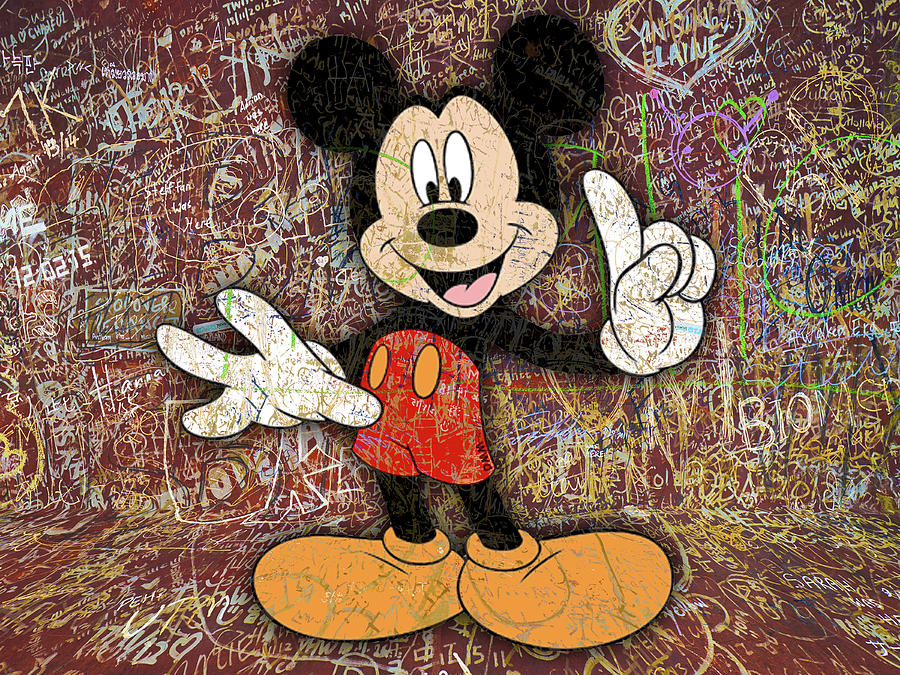There’s this game we play without knowing it and that is ‘the game of right and wrong’. Once we start playing this game it’s very hard to stop however. It’s very hard to stop playing the game of right and wrong because the rules of the game say that it’s wrong not to play! If we stop playing the game of right and wrong then we realise that it’s wrong to stop and so what this means is that we are still playing the game even though we thought we’d stopped. If on the other hand we try to say that it’s right to stop playing the game of right and wrong then we’re playing the game this way too, so that means we can’t get out of it that way either!
This is a very tricky kind of a thing. If you think it isn’t tricky then just try to stop playing it yourself – you’ll soon find out just how tricky it is! Once you start playing the game of right and wrong then there’s absolutely no way to stop doing this on purpose. Purposes are all about the right way versus the wrong way – ‘on purpose’ means ‘trying to get the right thing to happen rather than the wrong thing’. If we didn’t care which way it happened then there would be no ‘on purpose’ about it. There is no way to divorce ‘on purpose’ from ‘right and wrong’ because they’re both the same thing.
Starting to play this game is a funny thing as well – we can’t deliberately start playing it, which is to say, we can’t start to play the game of right and wrong ‘on purpose’. If we did this then that would mean that we were already playing the game before we started, and if we were already playing the game before we started playing it then that would mean that we didn’t actually ‘start’ at all. That means that we were playing it all along! I can’t say that ‘it’s the right thing to do to start playing the game’ because if I say this then I’m already playing the game (as we have just said) but if I don’t say to this to myself then why would I ever bother starting to play it in the first place? Wouldn’t I be just as well off not playing it?
There is something very peculiar about the game because – if the truth be known – we don’t have to play it at all! Of course we don’t have to play the game right and wrong – that would be ridiculous, that would make a joke of everything. If we had to play the game of right and wrong then there would be no such thing as the game of right and wrong. The game is only a game if we don’t have to play it. ‘Whosoever plays, plays freely’ says James Carse. That that’s actually the answer with regard to the question of how we ever started off playing the game in the first place – we started freely, rather than starting as a ‘predetermined move in the game’. There wasn’t any compulsion there; it wasn’t the ‘right’ thing to do to ‘start playing the game’. It wasn’t right and it wasn’t wrong!
So even though we ‘freely play’ (or ‘enter into the game freely’) once we start then we can’t stop. Once we start we can’t stop and so there’s no freedom here! We are not free to stop playing the game of right and wrong because the freedom to do this isn’t part of the game. Nothing in this game has anything to do with freedom – we are not free to do ‘the wrong thing’ and we not free to do ‘the right thing’ either – the very fact that it’s called ‘the right thing’ means that we not free not to do it! Imagine not trying as hard as you could to ‘do the right thing’ – that would definitely be doing something wrong there! Not doing the right thing IS the wrong thing and what this very clearly shows (just in case we needed it proving to us) is that there is absolutely no freedom in the game of right and wrong.
This is no freedom in any game when comes down to it! There’s no freedom in any game because all games are ‘games of right and wrong’. How could there be such a thing as a game without ‘right’ and ‘wrong’ in it? How could they be a game without there being ‘what we supposed to do’ on the one hand and ‘what we not supposed to do’ on the other? How could there be again such a thing as a game without winning or losing, or such a thing as ‘a game without any rules? All games are based on rules and rules always equal ‘the complete absence of freedom’. Whenever are we free not to obey a rule, after all?
There is a profound irony in this whole business of ‘playing games’ therefore, if we look into it deeply enough. This irony has to do with the question of why we would want to carry on playing it. It’s not as if we are ever going to get anything out of playing the game – if nothing we do in a game is done freely then clearly no freedom is ever going to come out of anything we do in it. Freedom cannot come out of unfree actions, after all! And if no freedom is ever going come out of playing the game (no matter how long we persist in playing it) then why do we bother making the effort to carry on playing it? What are we trying to gain? What’s our motivation here?
One answer is of course to say (as we already have done) that we just can’t stop playing it and that this is the reason for our persistence. This is true, but the very curious thing here is that we don’t experience ourselves as playing for this reason. We don’t experience a ‘total lack of control’ in the situation. We don’t experience ourselves playing out of our ‘complete inability to do otherwise’ – on the contrary, we experience ourselves as positively wanting to play the game. For the most part, we experience a positive rather than a negative motivation. But if this is true (as it is) then the question remains – why do we positively want to persist in the game when there is absolutely no chance of any actual freedom coming out of it? The answer – needless to say – is that we perceive there to be some kind of ‘positive outcome’ waiting for us at the end of our striving. The interesting question here is, therefore – what kind of a ‘positive outcome’ could there ever possibly be that doesn’t have any actual freedom in it?
Image: Taken from Destiny 2: Forsaken







Abdullah Sh
Interesting, My background is not related to this domain even a gram, I studied electronics.
I do agree and don’t agree.
I don’t agree because right/wrong is very powerful social game to know new people and their hidden wiring and rules. Some one just start a debate by taking what known as wrong side an start the attack, which triggers people that have strong polarity to start defense.
Even sometimes, many may mob over one with stray idea.
I do agree however, when some start R/W game in work environment when the aim is to develop it into a blaming game.
🙂 it will be more convenient if people get to know about it and their internal biases. At least they know when to stop.